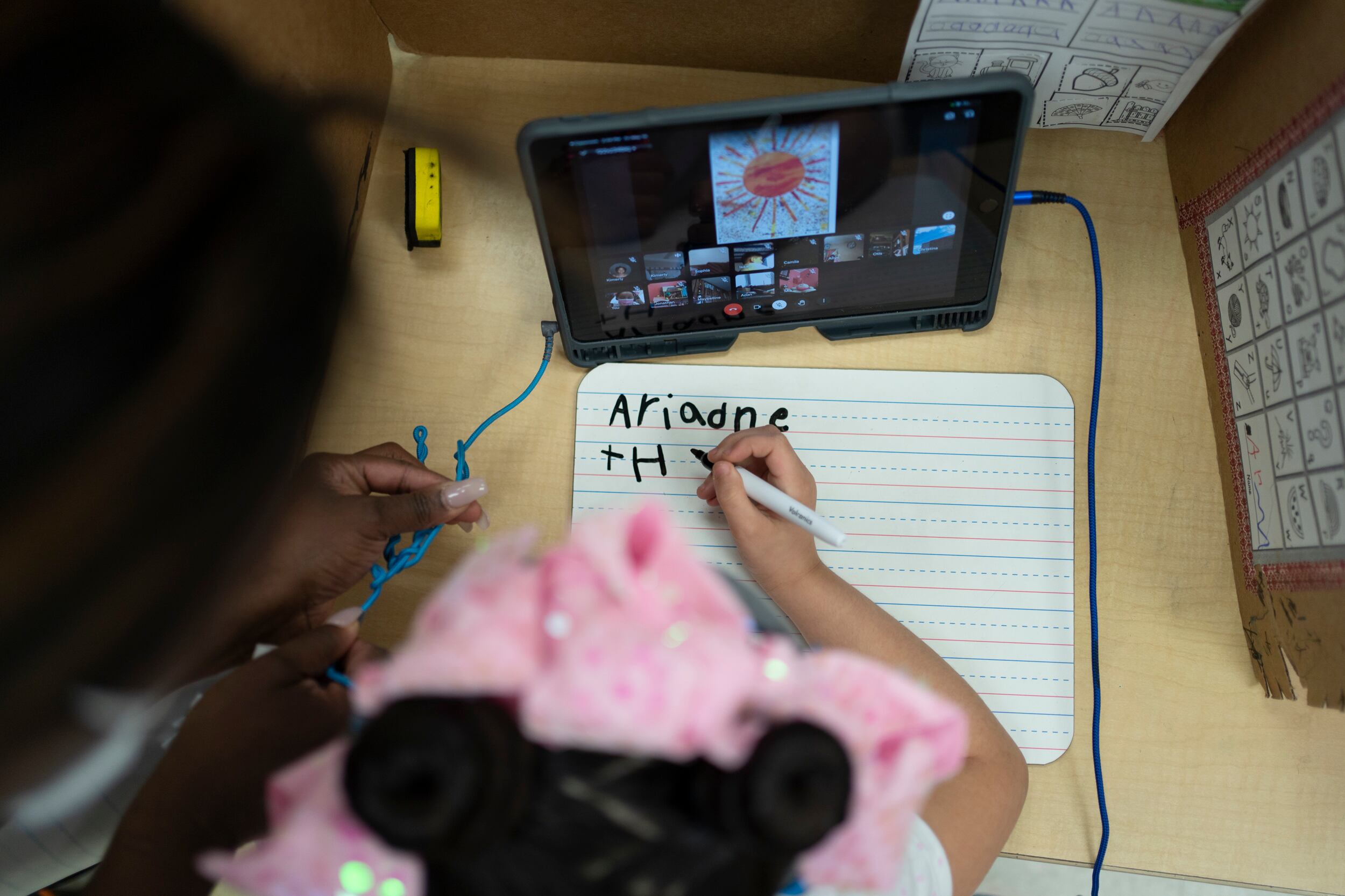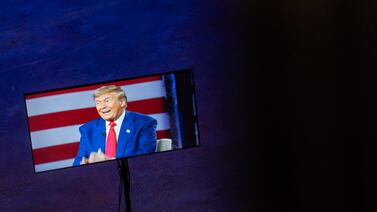The federal government will break up Chicago’s monopoly on $145 million for Head Start programs — the last “supergrantee” among large cities in the U.S.— and divvy up about $95 million to five community organizations, including one led by former Illinois First Lady Diana Rauner. City Hall will hold on to $51.8 million of the grant.
It remains to be seen whether the change will yield stronger competition, higher quality programs, and more seats for children under 5 in the neighborhoods that need them — or create confusion on the ground.
Chicago’s shrinking oversight role is the second major early learning change under Mayor Lori Lightfoot’s watch and has prompted vast reshuffling of early learning programs. The city will go from managing 40 programs that serve 8,000 children to 14 that enroll fewer than 3,000. Twelve organizations, including the YMCA of Metropolitan Chicago, could lose Head Start funding as of Aug. 1.
Two community organization heads said hundreds of children enrolled in programs that lost funding may need to be enrolled elsewhere, but City Hall officials said it was too soon to confirm that number.
Between children aging out for kindergarten and families moving out of Chicago during the pandemic, the city’s Department of Family and Support Services is still trying to assess the number of children impacted, Commissioner Brandie Knazze told Chalkbeat on Tuesday. She said a transition plan is in the works.
“We are working through understanding what the impact of the changes will be, but there’s no loss to the city of Chicago as a whole,” said Knazze. “This funding is just being redistributed among five grantees, and we are committed to working with them.”
The five new “delegate” agencies say they plan to boost salaries and benefits, do more for parents and grandparents, extend after care and evening programs, and step up marketing and outreach. Enrollment of young children plummeted during the pandemic and not just in the public school system. Across Illinois, only one in five centers was operating at 80% capacity or better toward the end of last year.
“We have a big job around us around reengaging and recruiting new families,” said Claire Dunham, the senior vice president of programs and training at Start Early, one of the five community organizations that received a chunk of the Chicago grant.
Pandemic-related enrollment declines and staffing churn hit Chicago’s early learning system hard, and even then, some programs were struggling. In 2019, the city held a grant competition and, while several new centers picked up public funding, other stalwart community organizations lost out. Some closed classrooms; others closed their programs entirely.
Chicago, meanwhile, was under federal scrutiny after safety problems were reported in centers in 2019 and 2020. The U.S.Department of Health and Human Services said last year that it intended to rebid Chicago’s Head Start grant..
Until this month, Chicago’s City Hall steered the bulk of the federal dollars that flow here for thousands of low-income children, giving the city an advantage when it rolled out universal pre-kindergarten. The grant changes will not impact the universal preschool rollout, now largely being driven by the school district.
Immediately, the changes also will boost the number of seats for low-income infants and toddlers, said Knazze — an outcome advocates had been pushing for as more preschool classrooms opened in public schools.
Under the break-up, six groups including the city will call the shots on early learning, not just one. The fate of the centralized early learning application preschool families are supposed to use as a one-stop shop for applications also remains unclear.
“There are a lot of unknowns currently,” Jennifer Alexander, the mayor’s director of early learning, acknowledged. “But we are continuing to work with our public and private partners to leverage our relationships.”
Program directors say they hope decentralizing administration will boost experimentation and better outcomes for children. At Start Early, one priority will be studying kindergarten transitions and how to boost “kindergarten readiness.” In recent years, new data showed that only one in four Chicago children show up to kindergarten prepared.
Each of the new federal grantees will oversee a small group of partner agencies. Start Early’s roster will include two charter schools that run preschool programs and kindergartens.
Bela Moté, the CEO of the Carole Robertson Center for Learning, said she’ll focus immediately on doing more to boost salary and benefits for educators and help stem the loss of teachers to the public school district, where pay is on a unionized pay scale.
“We together need to work on a better pipeline for the early childhood workforce. A pipeline that is quite dry — and work to really retain staff and compensate them,” said Moté.
Edgar Ramirez, CEO of Chicago Commons, said his organization is thinking through how to boost parent engagement and invest in programs that support multiple generations, such as credit repair and job training support for parents and grandparents. He’s also ramping up programs for pregnant women.
It will take time to assess the impact of the reshuffle, said Ty Jiles, a professor of early childhood education at Chicago State University.
On her list of burning questions are whether programs will still have the money, and flexibility, to offer extended day care for working parents — and after-care for students who attend school-based preschool programs that end around 2:30 in the afternoon. She also wonders how decisions will be made among the new federal grantees, how they plan to coordinate with the city, and whether there will be transparency about decision-making.
Mostly, though, Jiles is thinking about the children who could be impacted if their centers have to close classrooms. “For a high-risk population, it’s another transition.”





